Thae Yong Ho’s Victory
On 15 April 2020, former DPRK Deputy Ambassador to the UK Thae Yong Ho made history as the first DPRK defector to be elected to the ROK National Assembly. The significance of this victory cannot be overstated, as Thae shows the world what DPRK defectors can accomplish within the democratic system in the south. And, as Thae has indicated, his victory shows the elite in the DPRK what can be achieved in a united Korean Peninsula under the auspices of Seoul. Clearly, this message is not lost on the Kim regime, which fears members of the elite breaking ranks and bringing liberty to the north.
There have been some indications that the Kim regime is facing increased pressure from within. Last year the DPRK conducted a series of crackdowns in the northeast region and accused the CIA of planning a decapitation operation against the regime. Also, Free Joseon operations moving high-profile DPRK defectors to safety reveals that certain elements have contacts within the DPRK elite. My hope is that these actions are able to continue juxtaposed with an information operation targeted to the North Korean people. Whether this strategy gains buy-in from the South Korean elite is a different story.
The ROK Elite
Shortly before National Assembly elections in the ROK, a Realmeter survey indicated that President Moon’s approval rating reached 54.4%, the highest since November 2018 when it was at 55.5%. South Korean voters’ perceptions of the Moon Administration’s response to the COVID-19 outbreak, largely praised around the world, led to a victory giving the ruling party a three-fifths majority in the National Assembly. But we should remember that the Korean Medical Association urged the administration for a stronger response six times before the outbreak in Daegu — an outbreak that the Minjoo Party shifted blame towards a small sect for. Additionally, the ROK sent three million masks to the PRC in January, exacerbating its own supply shortage as the outbreak grew in scope. Moon faced criticism at the time that he was acting in the interests of the PRC over his fellow countrymen, prompting a Blue House petition calling for his impeachment to gain over one million signatures. The tides of public opinion are constantly shifting.
A Minjoo Party Mandate
President Moon and the ruling party will likely push forward with their foreign policy objectives emboldened by their super majority in the National Assembly. This will probably take the form of increased efforts at gaining the DPRK sanctions relief, reopening the KIC and Mt. Kumgang, providing additional funds to the Kim regime, and asking the North Koreans to participate in summitry once again. Given the North Koreans’ reactions to recent ROK overtures, I expect the same cold shoulder treatment from the DPRK if the Moon Administration exhibits the same constrained ability to pursue inter-Korean relations within the context of the ROKUS alliance. Consequently, my assessment is that the ROKG will increasingly diverge from the USG to prove to the Kim regime that it can be a trusted partner.
The question I have is whether the South Korean people will allow their government to sell out their compatriots to the north in the name of inter-Korean relations. Last year the ROKG repatriated North Koreans to their death based entirely on statements from the DPRK regime. While this resulted in some criticism from the ROK population, it evidently did not make enough of an impact to change the outcome of this election. And, while the South Korean public is enthusiastic about lambasting historical Japanese use of forced labor, it is shockingly quiet about the DPRK’s modern day equivalent. Hopefully the DPRK defector community within the ROK can gain traction in shifting these attitudes.
Conclusion
I believe that the United States should hold firm on the sanctions regime against the DPRK. In fact, the US should start actually enforcing these sanctions and holding sanctions breakers to account. If this means more daylight between the US and the ROK then so be it. The US should ramp up its information operations and call out the ROKG when it overlooks DPRK human rights abuses. If the ROKG will not fulfill its duty under the constitution to represent all of the people on the Korean Peninsula, then the USG must fill that gap. Liberal democracy is not just a western ideal, it is a universal human right and we cannot engage in the moral relativism that allows for totalitarianism under the guise of political correctness. All people deserve liberty and the US should champion this sentiment.
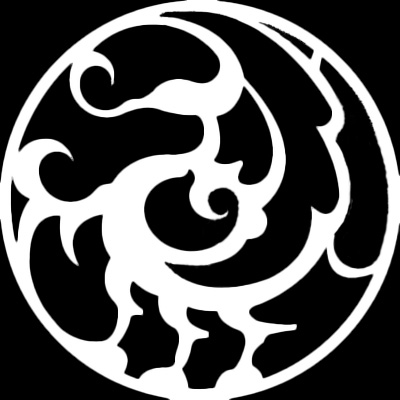
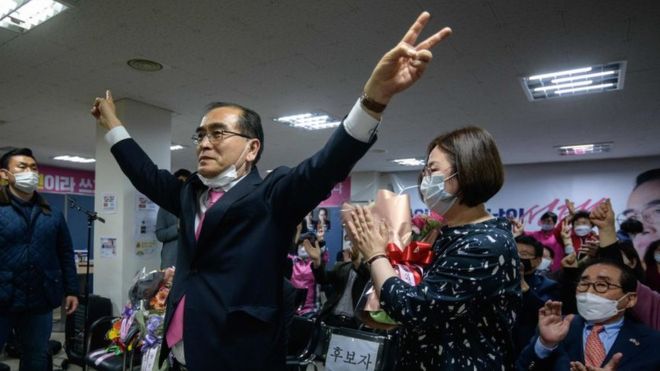
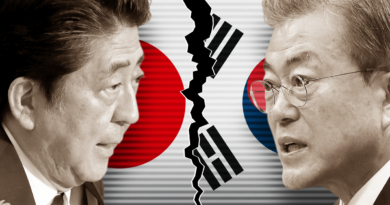
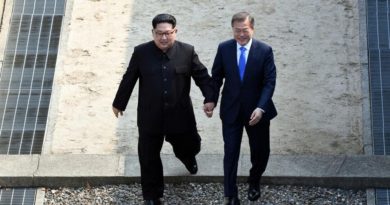
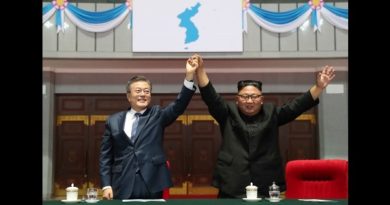
Pingback: Kim Jong Un Death Disinformation - SAMJOKO